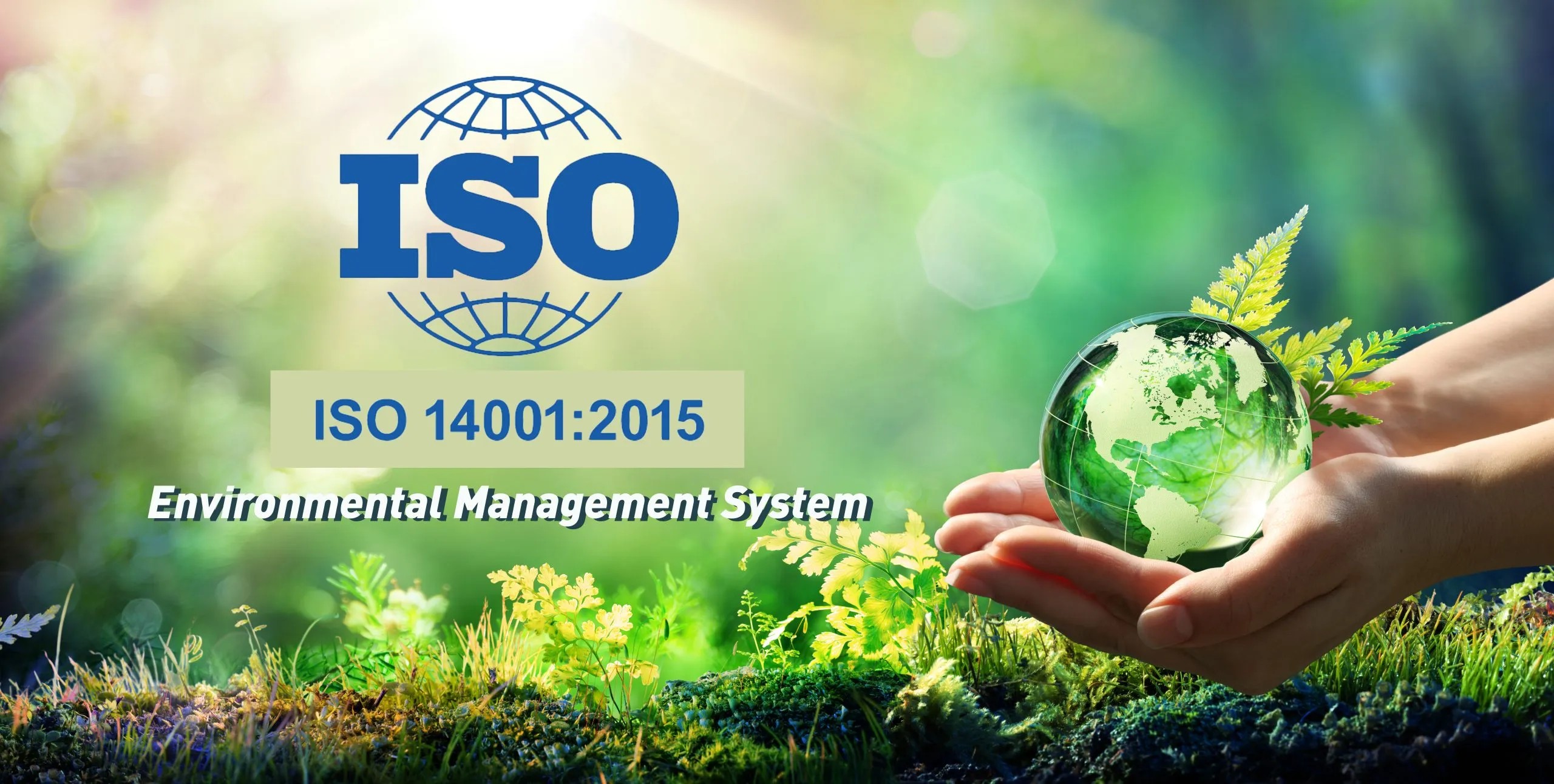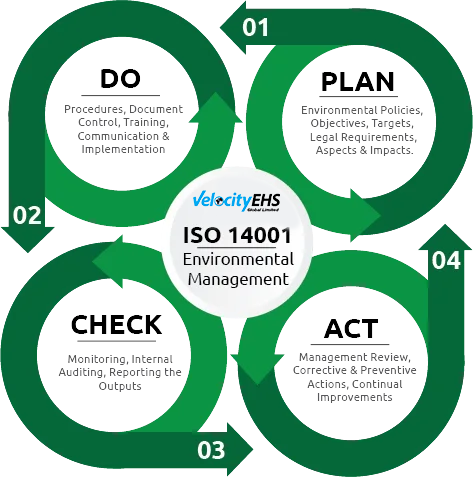
ISO Auditing and Certification
We leverage our expertise to help organizations establish and maintain Environmental Management Systems (EMS) in compliance with ISO 14001, ensuring sustainability, regulatory compliance, and environmental responsibility.
ISO 14001 is a globally recognized Environmental Management System that helps organizations minimize their environmental impact, enhance sustainability, and ensure compliance with regulatory requirements through a structured, process-based approach.
Designed with a high-level structure, ISO 14001 seamlessly integrates with other standards like ISO 9001 and ISO 45001, enabling organizations to incorporate environmental responsibility alongside quality and occupational health and safety management.
- Gap Analysis (Optional but Recommended)
- EMS Development & Implementation
- Internal Audit
- Management Review
- Stage 1 Audit (Documentation Review)
- Stage 2 Audit (Certification Audit)
- Certification Decision & Issuance
- Surveillance Audits (Annual or Bi-Annual)
- Recertification (Every 3 Years)

ISO Benefits to Clients & Customers
Achieving ISO 14001 certification enhances stakeholder trust by demonstrating a commitment to environmental responsibility, sustainability, and regulatory compliance. It strengthens the organization’s reputation, leading to improved customer confidence, reduced environmental risks, and long-term business resilience.
- Environmental Commitment
- Reliable Quality
- Stronger Reputation
- Competitive Edge

Benefits To Organizations
ISO 14001 certification enhances environmental performance, strengthens brand reputation, and ensures compliance with global environmental regulations. It drives sustainability, reduces environmental risks, and creates new business opportunities through eco-friendly practices.
Helps meet national and international environmental laws, reducing the risk of fines, penalties, and legal actions.
Encourages resource conservation, energy efficiency, and waste reduction, leading to cost savings and improved productivity.
Boosts credibility with customers, stakeholders, and regulatory bodies by demonstrating commitment to environmental sustainability.
Identifies environmental risks, prevents pollution, and strengthens emergency preparedness to ensure long-term business resilience.



